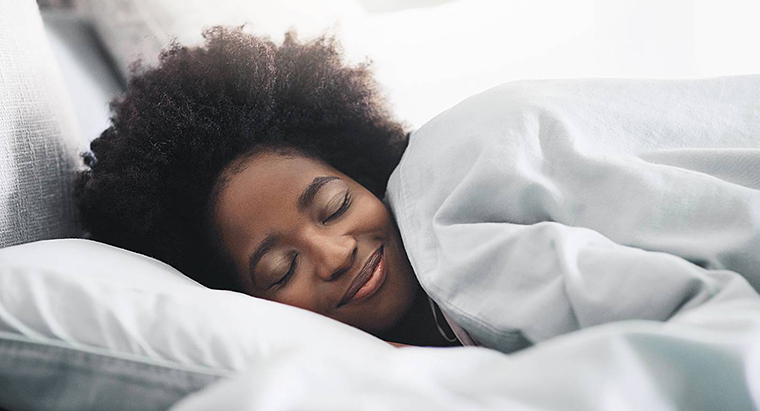Do you toss and turn all night, wondering if you will ever fall asleep? For most, getting a good night’s sleep may seem like a tough task when you’re awake at 3 a.m. So, if you require better sleep, it may be time to consider your sleep hygiene.
Sleep hygiene refers to healthy sleep habits you can adopt to encourage better night rest. Researchers have identified some tips to help you.
- Maintain a Healthy Lifestyle
Not only will this help you sleep better, but it keeps you fit and free of certain illnesses. Some healthy lifestyle tips include the following: Avoid caffeine and nicotine, minimize or stop alcohol consumption; though alcohol might make you feel sleepy, it disrupts sleep. Don’t smoke either, this has been associated with several sleeping problems.
Exercise regularly, but never at bedtime. Also, Finish dinner several hours before bedtime.
- Stick to a Sleep Schedule
Go to bed at the same time each night and get up at the same time each morning. For weekends, try to limit the difference in your sleep schedule to one hour or less. Most adults don’t need more than eight hours of sleep daily.
Going to bed and waking up at the same time each day sets the body’s “internal clock” to expect sleep at a certain time every night.

- Create a Restful Environment
Create a room that’s ideal for sleeping. Often, this means cool, dark, and quiet. Avoid use of light-emitting gadgets before bedtime. Lower the volume of outside noise with earplugs and use an eye mask to block light if you need to. Also, ensure that your bedroom is equipped with a comfortable mattress, pillows, and bed linens.
If you’re not asleep after 20 minutes, get out of bed and go do something relaxing like reading or listening to music.
- Minimize Daytime Naps
If you choose to nap, limit yourself to 30 minutes or less and avoid doing so late in the day. Long daytime naps can interfere with nighttime sleep. If you work night shifts, then it’s okay.
If you find it difficult to fall asleep or stay asleep through the night, afternoon napping may be a reason.
- Practice a Relaxing Bedtime Routine
A relaxing bedtime routine helps you unwind so you’re ready to sleep. This may help you fall asleep more quickly. The best time to start your routine is about 30 to 60 minutes before you go to bed.
Your routine can include whatever makes you feel most relaxed. E.g., A warm bath or shower, meditation, gentle stretches, reading or listening to music.
- Bonus Tip – Manage Worries
Thinking about issues can keep you awake at night. To help prevent your worries from keeping you awake, jot down what’s on your mind and then set it aside for tomorrow. Meditation can also ease anxiety.
The Bottom Line
If you have a hard time getting a good night’s rest, you can try several strategies to help you get better sleep. These strategies are called sleep hygiene. Maintaining a healthy lifestyle, sticking to a schedule, creating a restful environment, etc. can help you get a restful night rest.
If your sleep difficulties don’t improve through good sleep hygiene, you should consult your physician or a sleep specialist.



 Translate
Translate

